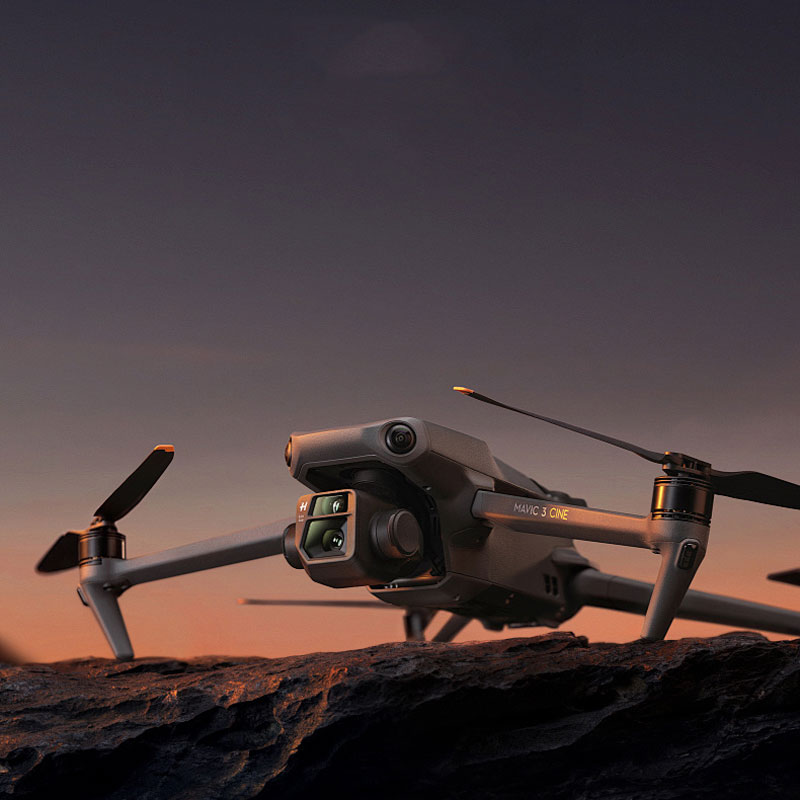Embrace Advanced Monitoring: Unveil the Potential of Drones Equipped with Night Vision and Thermal Cameras
The Rise of Cutting-Edge Drone Technology
Drones with night vision and thermal cameras are revolutionizing the surveillance industry. These advanced devices are invaluable for security professionals, wildlife researchers, and anyone needing to gather data from hard-to-access locations or during adverse conditions.
Understanding Night Vision and Thermal Capabilities
Night vision technology allows drones to capture images in low-light conditions by amplifying minimal light sources, providing clear visuals during nighttime operations. Meanwhile, thermal cameras detect heat signatures emitted by objects or living beings, enabling unparalleled visibility in complete darkness or through obstructive environments like fog or smoke.
Key Applications

The utilization of drones with these dual functionalities is vast. From security patrol in perimeters to search-and-rescue missions in disaster-struck areas, these drones serve critical roles. Wildlife conservationists use thermal imaging to monitor animal movements without intruding on natural habitats, while construction professionals can effortlessly detect heat leaks or insulations issues in buildings.
Enhancing Security Measures
For security and law enforcement agencies, the ability to survey areas unobtrusively at night represents a significant boost to traditional surveillance methods. These drones provide real-time data, increasing situational awareness and response times during crucial operations.
Industries Benefiting from Drone Surveillance
Beyond law enforcement, industries such as oil and gas, agriculture, and environmental sciences also benefit greatly. In agriculture, for instance, thermal cameras can detect crop health by analyzing heat patterns, allowing farmers to act promptly to prevent disease spread.
